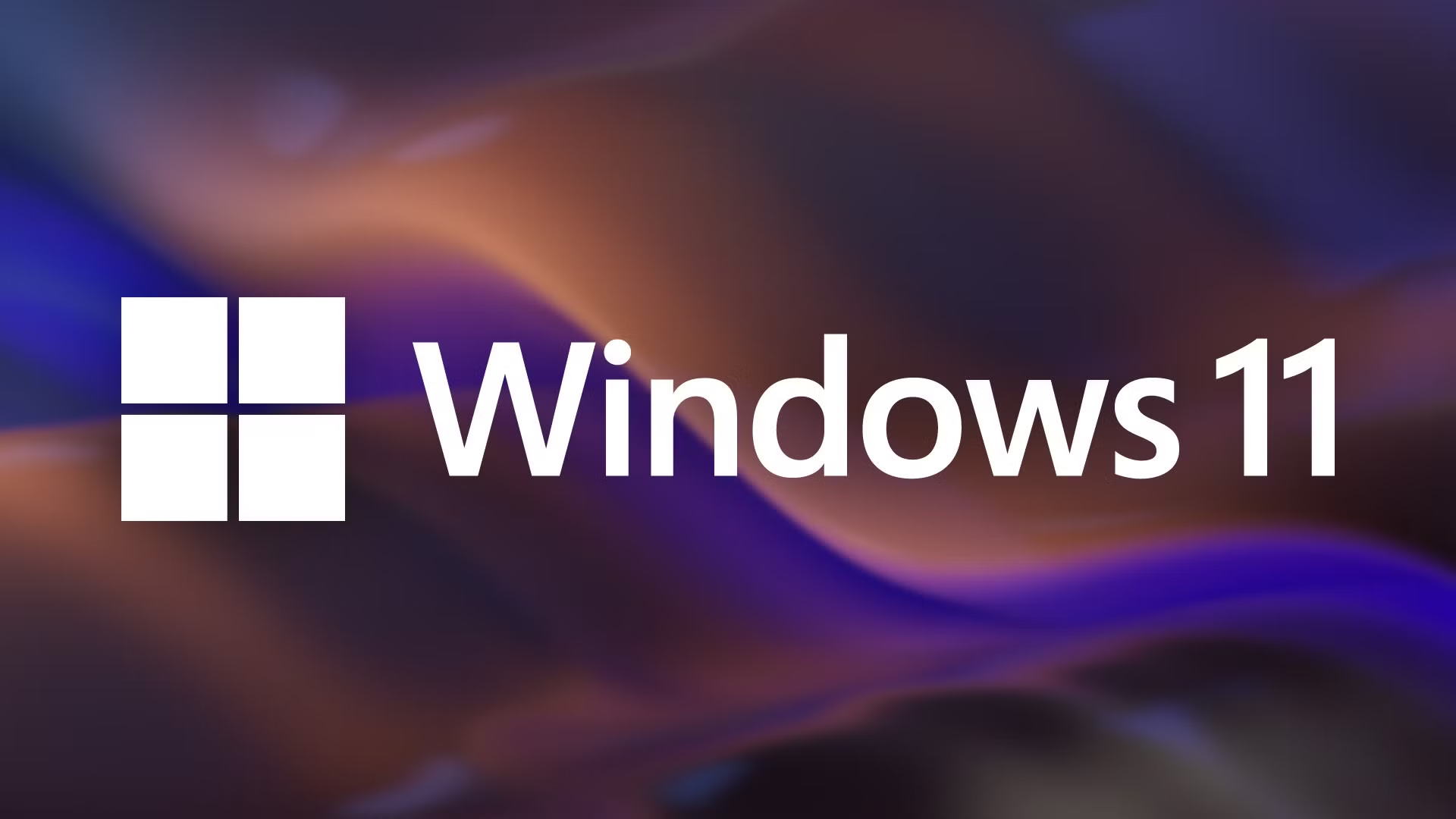If you are experiencing a sluggish boot time on your Windows 11 system, you are not alone. Many users are searching for ways to fix Windows 11 slow startup issues. Fortunately, there are several proven speed settings and tweaks that can help you fix Windows 11 slow startup problems effectively. In this article, we will explore various methods to fix Windows 11 slow startup, ensuring that your computer boots up quickly and efficiently. By implementing these tips, you can significantly enhance your startup experience and Fix Windows 11 slow startup once and for all.
Understanding the Causes of Slow Startup
Before diving into the solutions, it’s essential to understand what might be causing your Windows 11 slow startup. Several factors can contribute to this issue, including too many startup programs, outdated drivers, and system settings that are not optimized for performance. By identifying these causes, you can better target your efforts to fix Windows 11 slow startup.
Disable Unnecessary Startup Programs
One of the most effective ways to fix Windows 11 slow startup is to disable unnecessary startup programs. Many applications automatically launch when you start your computer, consuming valuable resources and slowing down the boot process. To manage these startup programs, follow these steps:
- Press
Ctrl + Shift + Escto open the Task Manager. - Navigate to the “Startup” tab.
- Review the list of programs and disable any that you do not need to start automatically.
By reducing the number of startup programs, you can significantly improve your boot time and fix Windows 11 slow startup.
Update Your Drivers
Outdated or incompatible drivers can also lead to slow startup times. To fix Windows 11 slow startup, ensure that all your drivers are up to date. You can do this by:
- Right-clicking the Start button and selecting “Device Manager.”
- Expanding the categories and right-clicking on each device to select “Update driver.”
- Following the prompts to search for and install any available updates.
Keeping your drivers updated can help fix Windows 11 slow startup and improve overall system performance.
Optimize Your Hard Drive
Another effective method to fix Windows 11 slow startup is to optimize your hard drive. Fragmentation can slow down your system, so it’s essential to defragment your hard drive regularly. To do this:
- Type “Defragment and Optimize Drives” in the Windows search bar and open the application.
- Select your hard drive and click on “Optimize.”
This process can help fix Windows 11 slow startup by ensuring that your files are organized efficiently.
Adjust Power Settings
Your power settings can also impact your startup speed. To fix Windows 11 slow startup, consider adjusting your power plan to “High performance.” Here’s how:
- Right-click the Start button and select “Power Options.”
- Click on “Additional power settings.”
- Select “High performance” and apply the changes.
By optimizing your power settings, you can fix Windows 11 slow startup and enhance your system’s responsiveness.
Use the System File Checker
Corrupted system files can lead to various issues, including slow startup times. To fix Windows 11 slow startup, you can use the System File Checker tool. Here’s how:
- Open the Command Prompt as an administrator by searching for “cmd” in the Windows search bar, right-clicking, and selecting “Run as administrator.”
- Type the command
sfc /scannowand press Enter. - Wait for the scan to complete and follow any prompts to repair corrupted files.
Running the System File Checker can help fix Windows 11 slow startup by ensuring that your system files are intact.
Check for Malware
Malware infections can significantly slow down your computer, including its startup time. To fix Windows 11 slow startup, run a full system scan using Windows Defender or any reputable antivirus software. Make sure to remove any detected threats to improve your system’s performance.
Disable Fast Startup
While Fast Startup is designed to speed up boot times, it can sometimes cause issues on certain systems. If you are still struggling to fix Windows 11 slow startup, consider disabling this feature:
- Go to Control Panel and select “Power Options.”
- Click on “Choose what the power buttons do.”
- Click on “Change settings that are currently unavailable.”
- Uncheck “Turn on fast startup” and save your changes.
Disabling Fast Startup can help fix Windows 11 slow startup if it is causing conflicts with your system.
Perform a Clean Boot
If you have tried all the above methods and still cannot fix Windows 11 slow startup, consider performing a clean boot. This process starts Windows with a minimal set of drivers and startup programs, helping you identify if background programs are causing the issue. To perform a clean boot:
- Press
Windows + R, typemsconfig, and press Enter. - In the System Configuration window, go to the “Services” tab and check “Hide all Microsoft services.”
- Click “Disable all” and then go to the “Startup” tab to open Task Manager.
- Disable all startup items and restart your computer.
After performing a clean boot, you can gradually enable services and startup programs to identify the culprit behind your slow startup.
Conclusion
Fixing Windows 11 slow startup is crucial for enhancing your overall computing experience. By following the tips outlined in this article, you can effectively address the various factors contributing to slow boot times. Whether it’s disabling unnecessary startup programs, updating drivers, or optimizing your hard drive, each step plays a vital role in fixing Windows 11 slow startup. Implement these proven speed settings today and enjoy a faster, more responsive Windows 11 experience.
